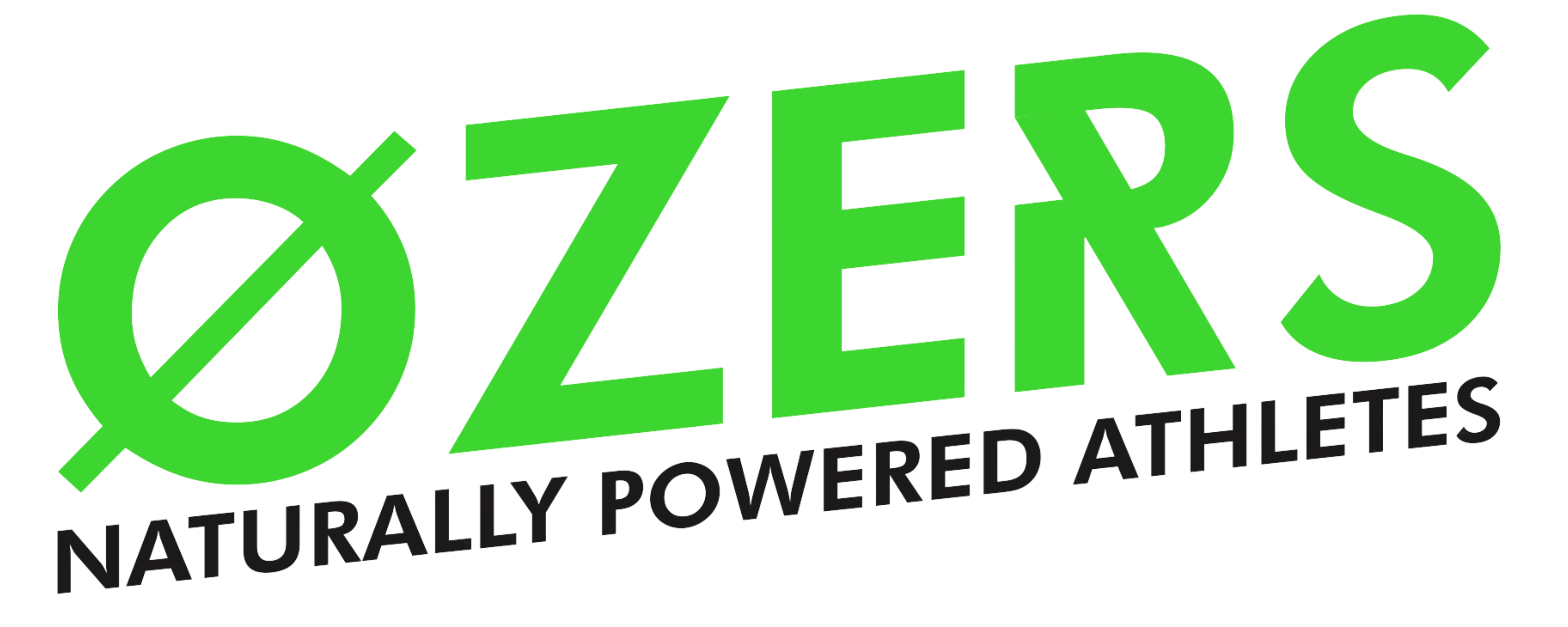ØZERS
Opening soon
Nous préparons actuellement notre boutique en ligne, ça arrive vite !!
Store access
Enter password below to access the store
This shop is powered by
Store owner?
Login

Nous préparons actuellement notre boutique en ligne, ça arrive vite !!
Enter password below to access the store